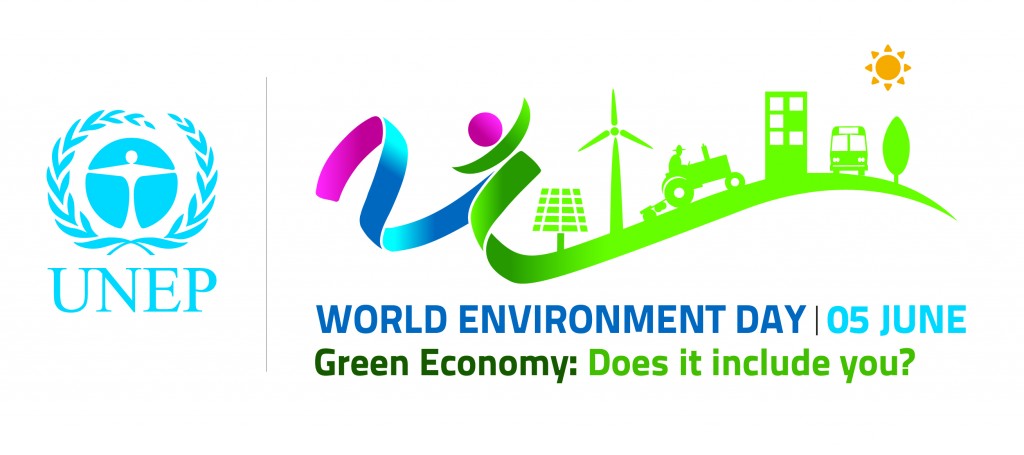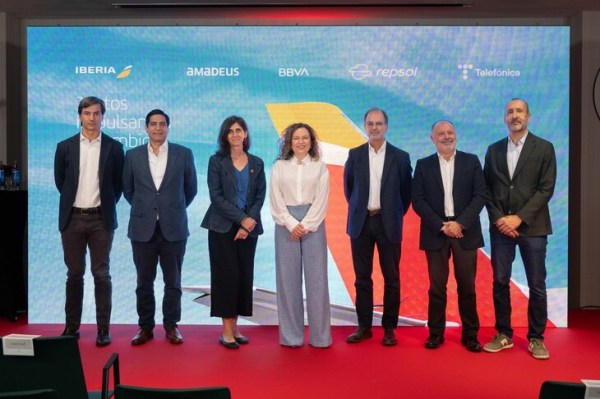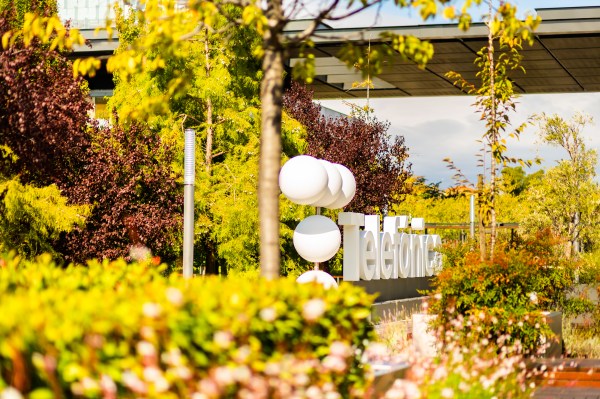 Telefónica aligns itself to the declaration in favour of green ICTs developed by the ITU (International Telecommunication Union), the United Nations agency for the ICT sector, along with representatives from political, business and civil society sectors during the 7th ITU Symposium on ICTs, the Environment and Climate Change held in Montreal last week.
Telefónica aligns itself to the declaration in favour of green ICTs developed by the ITU (International Telecommunication Union), the United Nations agency for the ICT sector, along with representatives from political, business and civil society sectors during the 7th ITU Symposium on ICTs, the Environment and Climate Change held in Montreal last week.
The “Montreal Declaration”, signed by more than 170 participants at the event, seeks to strengthen the green ICT agenda in order to enhance their capacity to monitor, mitigate and adapt to climate change, boost energy efficiency and recycling and emphasise the role of new technologies as enablers of sustainable economic development.
The text focuses on seven key areas: environmental protection; smart metering; adaptation and response to natural disasters; mitigation; awareness-raising and capacity building; intelligent waste management and recycling, and partnerships for environmental sustainability.
 According to Malcolm Johnson, Director of the Telecommunication Standardization Bureau of the ITU, “the key components of a successful strategy are a combination of policy and regulatory incentives and standards that encourage the use of ICTs to combat climate change at international, regional and national levels. It is also essential to participate actively in international discussions on climate change and the design of technology solutions and standards”.
According to Malcolm Johnson, Director of the Telecommunication Standardization Bureau of the ITU, “the key components of a successful strategy are a combination of policy and regulatory incentives and standards that encourage the use of ICTs to combat climate change at international, regional and national levels. It is also essential to participate actively in international discussions on climate change and the design of technology solutions and standards”.
Silvia Guzmán Araña, Director of Sustainability and Corporate Reputation of Telefónica, says that “the company’s signing of the Declaration is part of its green ICT strategy, designed by the Office of Climate Change and Energy Efficiency to encourage eco-efficiency internally, in order to help create a low carbon economy with products and services that bring benefits to other sectors, as well as measurable impacts which are comparable with uniform standards for the entire industry”.
The text is also a call to world leaders, the public sector, ICT and environmental experts and representatives of international organisations who will be meeting at the 2012 United Nations Conference on Sustainable Development (Rio+20), at the United Nations Climate Change Conference 2012 (COP18-CMP8), the World Telecommunication Standardization Assembly of the ITU (WTSA-12), and the World Conference on International Telecommunications (WCIT), in order to establish key priorities and provide clear guidance on how to strengthen the global green agenda through the use of ICTs.






